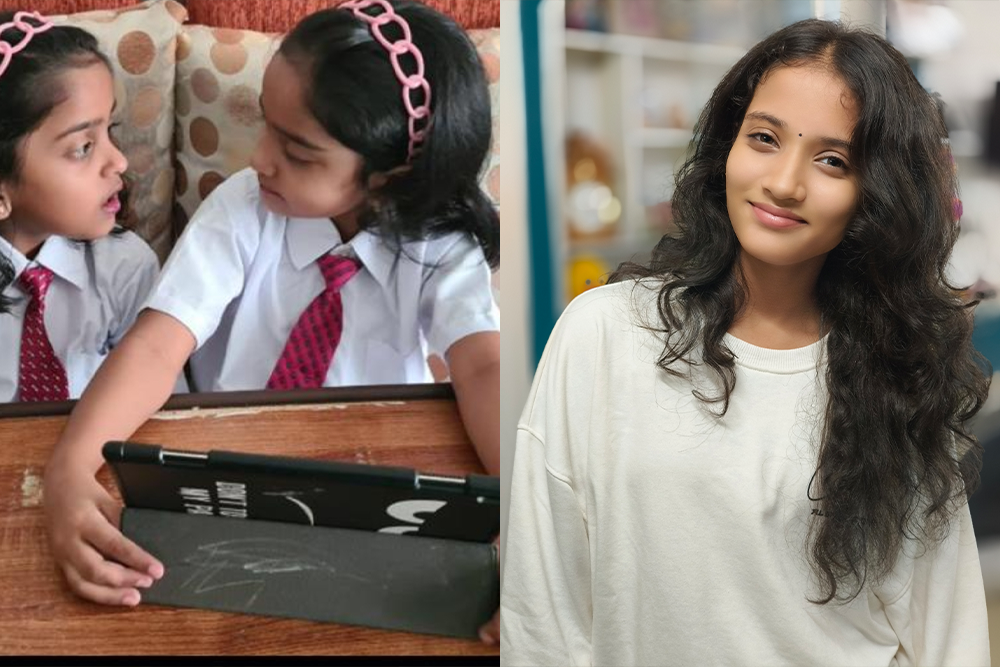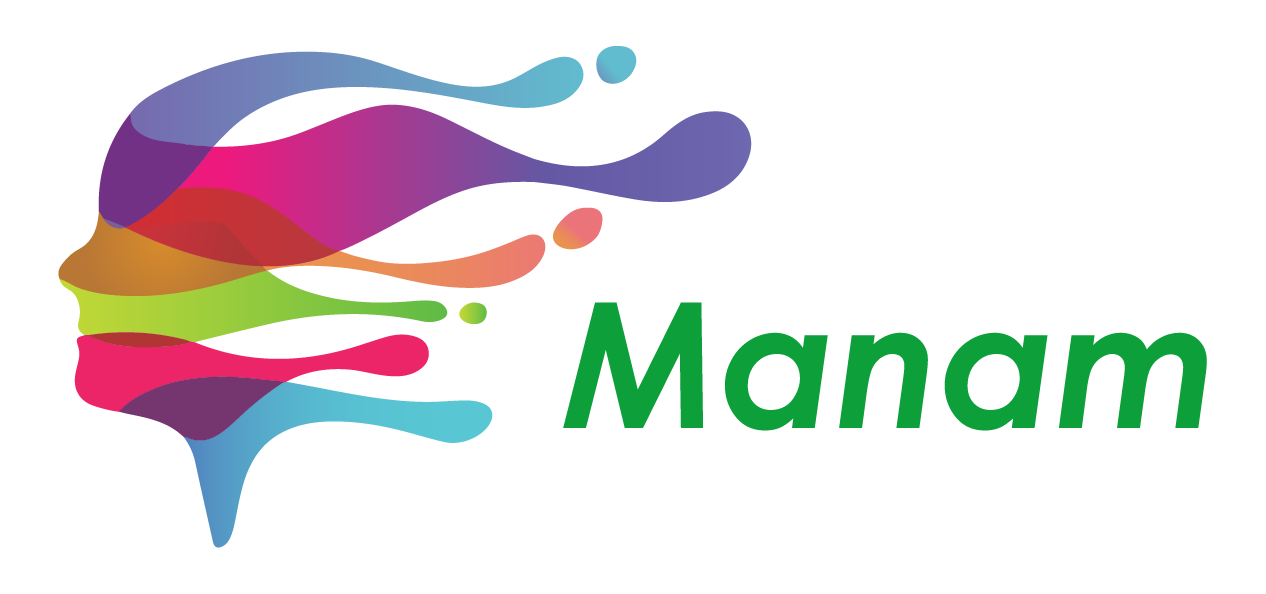
Child Coaching
Children may be experiencing challenging behaviours and difficulties at home or at school with excessive worrying, feeling unhappy and sad, or anxious and we help them through these challenges.
₹ 499

Why Child Coaching ?
Children may be experiencing challenging behaviours and difficulties at home or at school with excessive worrying, feeling unhappy and sad, or anxious and we help them through these challenges.
They may have some depression or even internalised anger and have meltdowns and refuse to go to school because of difficulties with bullying, cope up with co students, teachers and their studies.
Our Approach:
Ensuring the family environment supports the child’s development and well-being. By involving family members to address conflicts, improve communication, or create a stable, nurturing home environment.
Our focus age groups:
Early intervention 3 to 7, pre-teen stage 8 -12, teenagers and adolescents 13 – 19 and young adults 19-25.
Focus Areas:
Child counselling focuses on a range of areas to support a child’s emotional, behavioural, and psychological well-being.
Emotional Awareness and Expression
Facilitate and train children understand and express their emotions in a healthy way.
And make them to recognise feelings like sadness, anger/ frustration and how to express the same in an effective way. We use Art / play therapy as a therapeutic intervention.
Behavioural Issues
We address the problematic behaviours and develop positive ones. In the process we coach them in managing issues like aggression, defiance, hyperactivity, or withdrawal.
Coping Skills
We equip the children with tools to deal with stress, anxiety, or trauma. We develop customised coping mechanism for the children based on the root causes such as bullying, family changes (divorce, relocation), or academic pressures.
Social and Interpersonal Skills
This helps a child’s ability to interact and build relationships. It also help children enhance communication, resolve conflicts, make friends, and navigate social dynamics in school or other environments.
Self-esteem and Confidence
Boosting a child’s self-worth and confidence, helping children build a positive self-image, understand their strengths, and believe in their abilities to handle challenges.
Trauma and Grief Counselling
Supporting children through difficult experiences such as loss, trauma, or abuse by providing a safe space to process these experiences and heal from emotional pain.
Academic and School-related Challenges
Support children succeed academically and handle school pressures. We facilitate them on how to handle with issues such as school anxiety, performance pressure, or learning difficulties that may affect their educational experience and become successful.
Initial Sensing & Building Rapport
We listen to the issues of the client. Gives the client a safe platform to express their problems. The counsellor understands both verbal and non-verbal communications of the client. They both create the rapport and build a positive relationship. It’s the foundation laid for future sessions.
Assessment
We assess the problem statement of the client, analyse it and understand the severity of the issue. This includes the triggers, frequency, environment, and other factors inducing the discomfort for the client.
Setting Objectives
This stage we set the objectives in collaboration with the client. This will be a time bound realistic one with the client committing to a step leading to an agreed outcome.
Intervention
We work on the intervention to be applied to achieve the objectives. Based on the assessment and the present condition of the client, we decide on the interventions to be applied. It would be a therapeutic intervention in a non-medical environment.
Evaluation
Drawing the process to a close must be planned well in advance to ensure a positive conclusion is reached between the therapists / counsellors and the client. At times the process may an ongoing process which the client will be continuing on their own.
Any Questions
Mon - Sat: 09:00 - 20:00
Sunday: 09:00 - 12:00
Chennai, Tamil Nadu, India.
600094
+ 91 9600950966
contact@manam.ai
